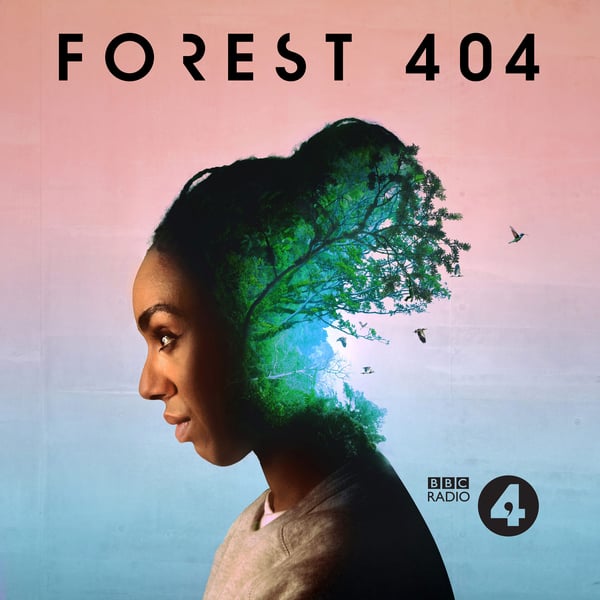T8: How will humans die out?
Forest 404
BBC
4.6 • 666 Ratings
🗓️ 23 May 2019
⏱️ 10 minutes
🧾️ Download transcript
Summary
A talk for episode 8, an ode to Theia. Anthropologist Michael Rivera on our evolutionary history compared to other less successful species who became extinct. Are we heading in the same direction? Produced by Eliza Lomas and Becky Ripley.
Don’t forget to take part in our Forest 404 Experiment to see how you respond to natural sounds at: bbc.co.uk/forest
#Forest404
Transcript
Click on a timestamp to play from that location
| 0:00.0 | BBC Sounds, Music, Radio, Podcasts. |
| 0:10.4 | Forest World. |
| 0:25.0 | Hi, I'm Pearl Mackey. |
| 0:30.8 | I play Pan in Forest 404, and I'm here to introduce our penultimate pod talk to a company episode 8. |
| 0:38.9 | Today is an ode to Thia, the last ever biological human, which made us think, beyond the world of Forest Four Oval, |
| 0:42.0 | how far are we from real-life human extinction? |
| 0:45.8 | To guide us through is Michael Rivera, |
| 0:47.4 | a biological anthropologist working in the Department of Archaeology |
| 0:49.2 | at the University of Cambridge. |
| 0:51.7 | He'll point out how, for instance, |
| 0:53.6 | the Neanderthals didn't make it in the long |
| 0:55.0 | run. And maybe we won't either, thanks to a number of glitches with hygiene, nutrition, global |
| 1:00.2 | warming. But reasons to be cheerful include the story of our evolution so far, the possibilities |
| 1:05.7 | in genetic engineering and stem cell research, not to mention good old-fashioned space travel. Over to Michael for more. |
| 1:12.6 | Our evolutionary history starts around 6 million years ago when we diverged from our closest living relatives in the animal kingdom, the bonobos and chimpanzees. |
| 1:24.6 | In the grand scheme of things, humans and other primates are not that old |
| 1:29.0 | a species. We have very short evolutionary histories. When we look at turtles, for example, |
| 1:35.0 | turtles have been around for 200 million years, and animals like jellyfish and sea sponges |
| 1:41.0 | for 700 million years or more, making them some of the oldest living animals on Earth. |
| 1:47.0 | The oldest existing species is the cyanobacterium, which is a microorganism scientists have found evidence for, |
| 1:57.0 | embedded in sedimentary rocks dating to 3.5 billion years old. |
| 2:03.6 | The oldest species here have quite simple anatomies, so it seems that simplicity in form |
... |
Please login to see the full transcript.
Disclaimer: The podcast and artwork embedded on this page are from BBC, and are the property of its owner and not affiliated with or endorsed by Tapesearch.
Generated transcripts are the property of BBC and are distributed freely under the Fair Use doctrine. Transcripts generated by Tapesearch are not guaranteed to be accurate.
Copyright © Tapesearch 2025.

